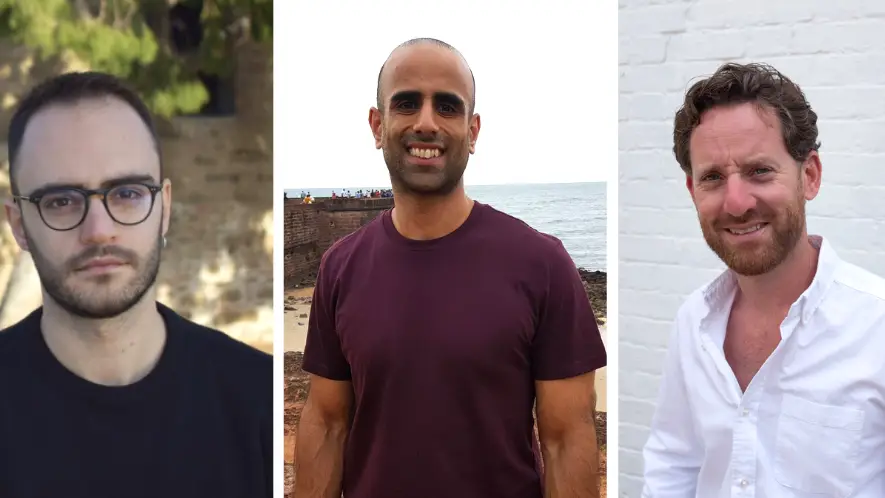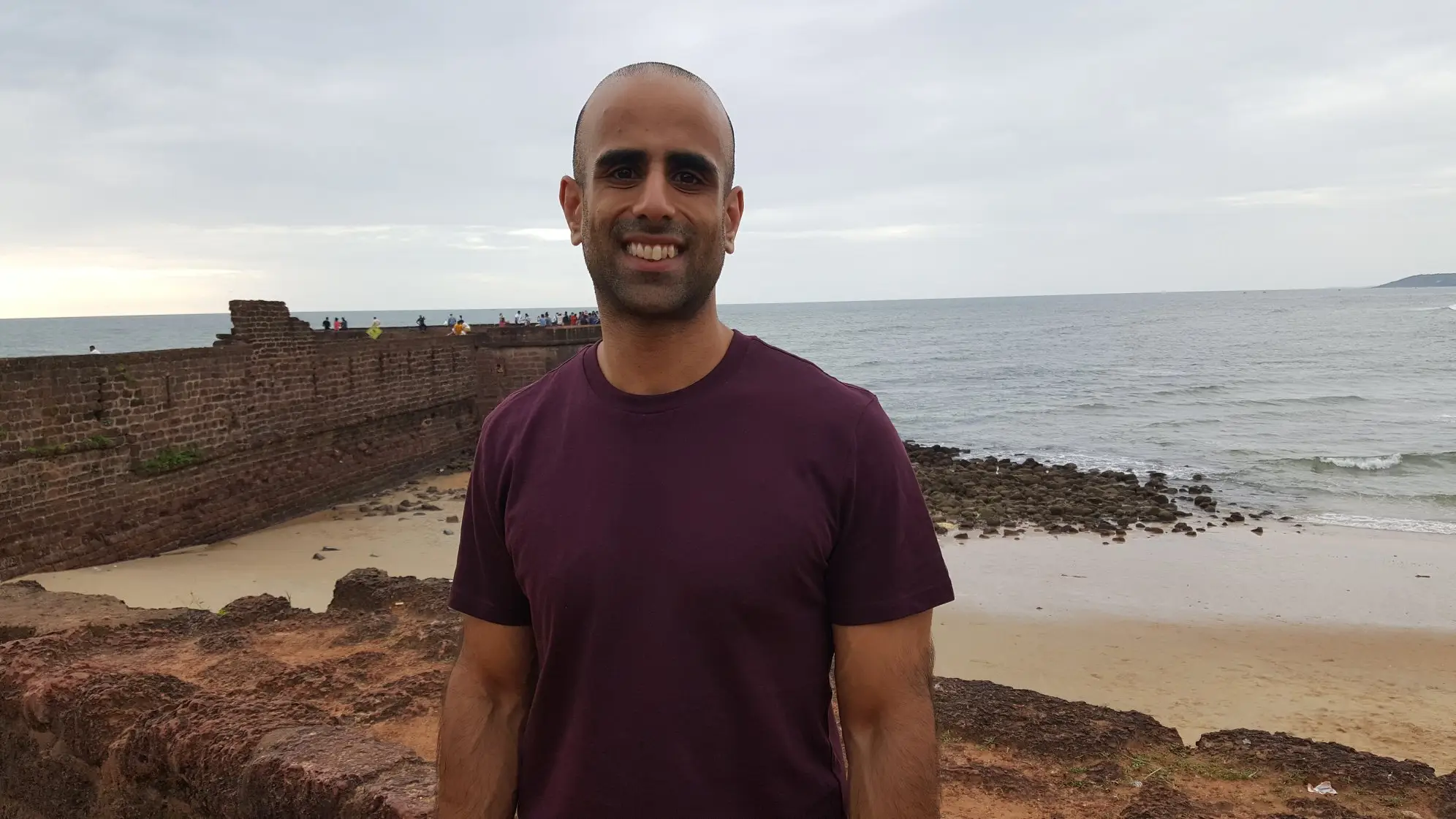
Trigger warning: This article discusses fertility and baby loss.
Last week, the Office for National Statistics (ONS) revealed that for the first time ever, more than half of women in England and Wales born in 1990 were child-free by the time they turned 30.
Experts commenting on the study pointed to a number of potential reasons, including lack of affordable housing; the increasing cost of living and sky-high childcare costs - but as one woman pointed out: "Why is it so hard to understand that some of us simply don't want them?"
And with stats on men - and their parental status - notably absent from the study, many women were pretty peeved. The most recent figures on men dates back to 2020, when it was revealed the average age of new fathers was 33.7 years old.
Advert
"The complete lack of gender balance in parental focus is the weird part," said one person on Twitter. "Are we still just not considering men as parents? Are they still just tangential to the 'family unit'?"
So what about men? Why does their role in parenthood - and the decision to become a parent - feel like an accessory? And why are people so fascinated with the fact that more women are child-free at the age of 30? Here, Tyla chats to three men in their thirties who are child-free, some through choice and some through circumstance.
CEO Ravi Davda, from Birmingham, is 33 and married. After trying for a few years to fall pregnant, Ravi and his wife believe if it's meant to be, it will happen, but if it doesn't - that's OK too.

"When I was younger, I assumed that I would have children by now. My wife and I have been married for over six years - I'm from an Indian family and in our culture it's normal to get married and have kids a couple of years after," says Ravi.
"When we first got married we did actually want to have children but it just didn't happen for us. We were sort of trying but not trying - it was never our main focus. And then after a few years, we just got used to the fact it hadn't happened and it became the normal.
"Now, if it happens it happens, and if it doesn't that's okay as well. If I got to 50 and had never had children, I think I would feel like I had missed out on something, but then I also think if it's meant to happen, it's meant to happen.
"My wife feels the same. We both gets up and downs of really wanting a baby, and then changing our minds - we're happy not to rush it and see what happens.
"We've got a rescue dog called Cassie and even she can be hard work sometimes!"
Business owner James Kemsley, from Essex, is 38 and married. He and his wife Emma have been trying for a baby for four years and suffered a loss in 2020.

"My wife and I have been trying to become parents for a few years now," says James.
"Emma has severe endometriosis and when she had her first surgery, the doctor told her we were more than likely going to have to go through IVF.
"We travelled and lived our lives a bit first, but after a few years we returned from living overseas to start our fertility journey.
"We had six rounds of IVF and eventually we fell pregnant, but unfortunately had to have a termination due to medical reasons."
At 18 weeks pregnant, Emma found out her baby's lungs, kidneys and heart were not developing properly. Sadly, at 20 weeks, Emma had to have a termination and due to covid restrictions, James was not allowed to attend.
"I found out in a multi-story car park hearing the news over loud speaker. It was a blur. You feel like you're stepped out of reality," says James.
"Lockdown was a bonus; I wasn't working so I had time to deal with it. However, because of the commitment of the IVF and the emotion that's attached to trying to conceive when everyone around you is conceiving naturally, it's hard to deal with.
"With fertility, the man is always thought of as a plus one. You have to be the rock for your partner and deal with it yourself. There is that stigma of bottling it up and getting on with it.
"We're now up to our ninth round of IVF and have also created a business called The Informal, that works to improve the support systems around grief, mental health and baby loss within the workplace, for men and women. Out of the negatives, positives can happen."
Giorgos Mouratidis, from Greece, is 31 and in a long term relationship. At the moment, he doesn't want to become a parent and doesn't think he will change his mind.

"Not having children has been a very conscious decision for me," says Giorgos.
"Even though I could have children, and I would be able to support them, I choose not to. One of the main reasons for this is the state of the planet. It's becoming a less hospitable place to live and I wouldn't want to bring new life into such an unsustainable future.
"The other is more a selfish reason in that without children I have the freedom to travel, to explore the world and to use more of my disposable income on things that make me a better person.
"I haven't always felt like this; I thought I eventually would have children, that it was a kind of destination for everyone. But I changed my mind when I started working on myself, having therapy and discovering new things about myself.
"I do get some pressure to have children from family members, but nowhere near as much as my sister faces. I am currently in a long term relationship and although it is something we agreed on initially, obviously minds can change and with my partner being a little older than me, I think she has started having a different view.
"I absolutely respect that, I haven't changed my mind, but it's a decision that could change in the future."
If you have been affected by any of the content in this article, you can find help, support and advice at pregnancy charity, Tommy's.
Topics: Life, Parenting, No Article Matching